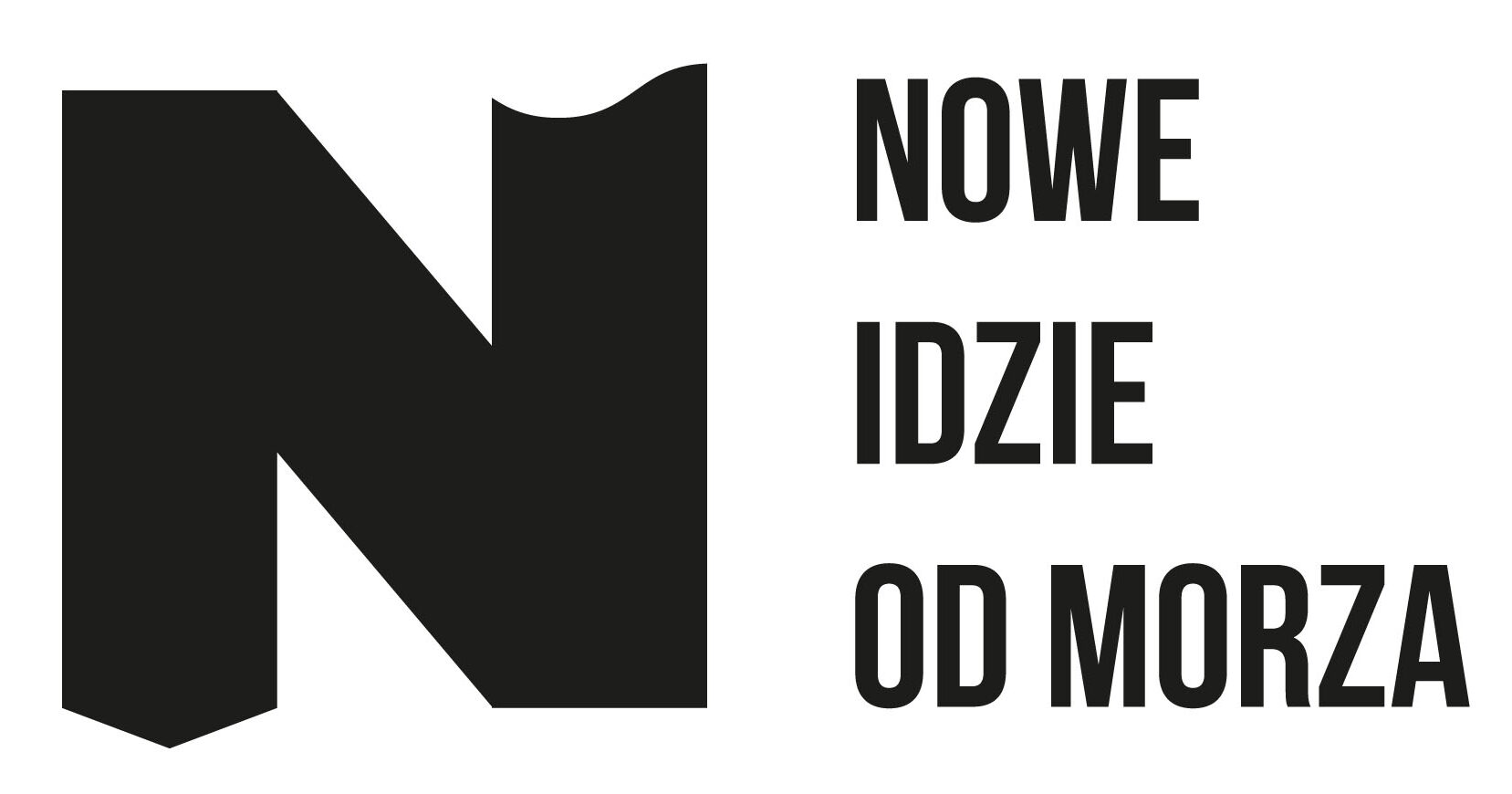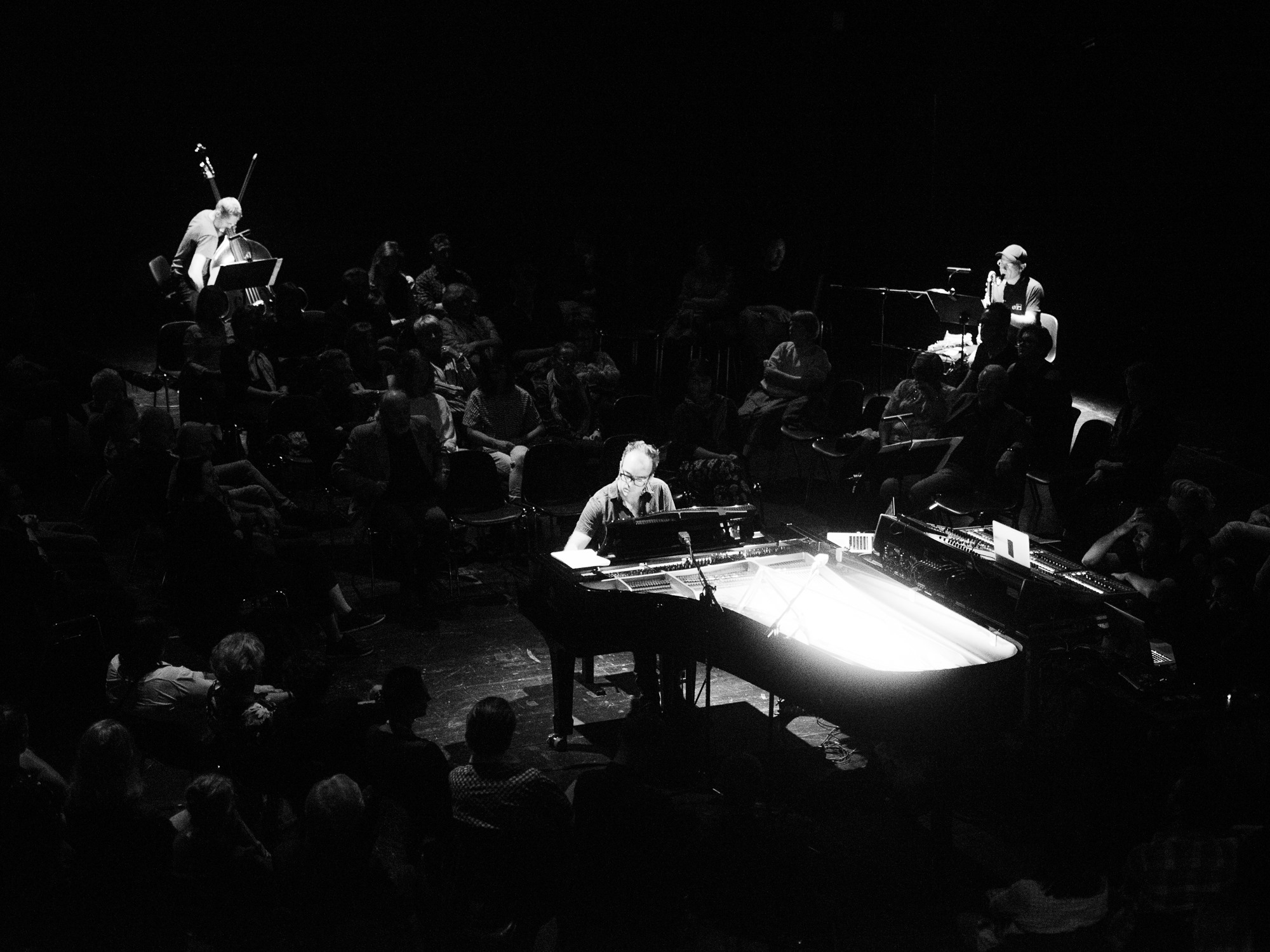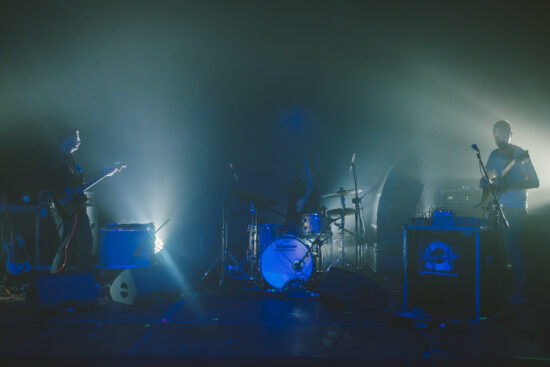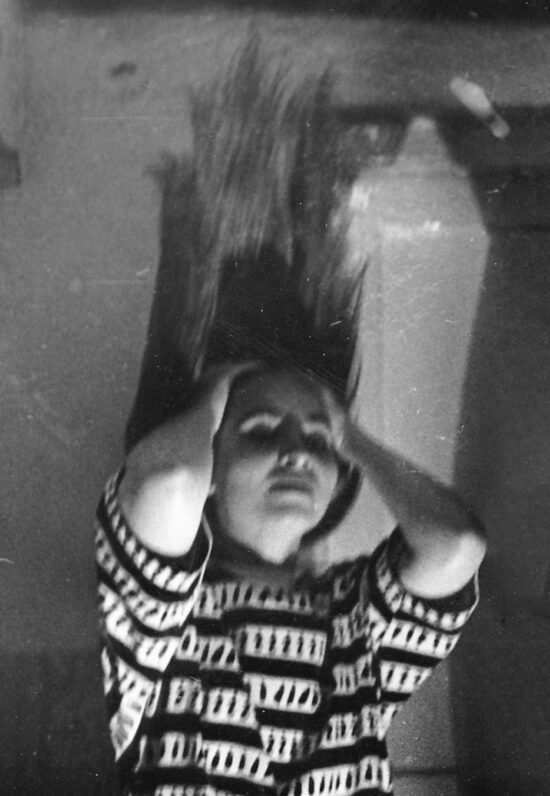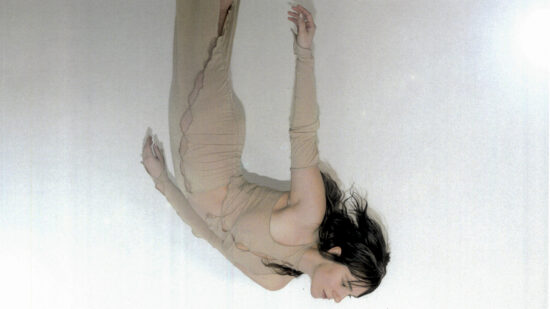Two brilliant albums by Anthony Pateras and the trio of Christer Bothen–masterful aural composition and alert improvisation – are strong entries in this year’s Bocian Records catalogue.
*(that’s ‘bocian’ in Polish)
Translation: Aleksandra Szkudłapska
Once upon a time, in 2019, when concerts were still a thing, Anthony Pateras visited as many as three Polish festivals in just two months: Sanatorium Dźwięku in Sokołowsko as well as Krakow’s Sacrum Profanum and Unsound. The Australian composer has several dozen compositions to his credit, as well as collaborations with such greats as Mike Patton, Chris Abrahams, Valerio Tricoli, Oren Ambarchi and Sunn O))), but anyone who thinks that he is resting on his laurels is mistaken.
At the first two festivals, he presented Pseudacusis^, a seven-part composition described as “audio hallucinations for an electroacoustic septet”. Already its structure is highly complex, as it is based on the tracks of as many as 14 musicians: seven were recorded on tape and seven played acoustic instruments live (Pateras was in both line-ups: he is responsible for electronics and piano).
Although the line-up may suggest an orchestral sound, the piece is quite minimalistic, I would even say reduced – the sound does not escalate, the musicians slowly deliver their parts, creating a dense tissue, a sonic illusion in which, apart from repetitive piano parts, we get a deep, multi-layered instrumental conglomerate. Brass and string instruments create excellent long phrases that form a mantra-like, but also slightly psychedelic, resonating drone layer. It’s not like this all the time, though: “IV” brings a change, highlighting Riccardo La Foresta’s percussion, and becoming a sort of counterpoint to what came before. Electronic glitches and percussion instruments balance the growing strings section with their metallic, mechanised sound. This track is louder and denser, it seems to be more pared down in terms of sound, which stereophonically differentiates between the tones of individual instruments, due to the processing of their parts. At times, the music thickens, at others it becomes more diluted, but Pateras skilfully maintains the dramatic tension throughout.
Pateras himself told me two years ago that Pseudacusis “explores the non-obvious relationships not only within musical perception, but also in terms of how instruments respond to electronics in hidden, hallucinogenic ways”. The Australian blurs the natural tones of the instruments and how they resonate. He does this with precision, all the time maintaining the dramatic tension of the piece. In the recorded version, it sounds convincing and sonically clear.
Christer Bothén’s output is even greater than that of Pateras, mainly due to his long-standing presence on the scene – he collaborated with Don Cherry, co-founded the international Bolon Bata collective, studied Gnawa music in the 1970s, and still plays, for instance in Mats Gustafsson’s numerous line-ups. His latest release, Omen, recorded with Konrad Agnas and Vilhelm Bromander, is – like Pseudacusis – released by Bocian Records, a label with an extremely extensive roster, and many more surprises in store for 2021.
The album immediately caught my attention with its lightness, skilful teamwork, and polished production. Bothén’s clarinet sounds lyrical, but can also demonstrate considerable power – the musician, however, delivers his phrases in a compact manner, skilfully building the dramatic effect, without unnecessary padding and fatigue, which are not hard to come by in free jazz. In spite of lending his name to the ensemble, his partners, who nimbly play with the maestro, are also important here. The fleshy, evocative opening of “Suite Omen” moves into a more subdued middle part, before finally leading the vibrating piece into a trance-like infinity, all the while relying on the solid rhythm section. It is performed intimately, without unnecessary pathos. This is complemented by a sonoristic interlude for double bass and percussion, rounded off by a neat melodic finale – Bothén takes the lead, but Agnas and Bromader play vigilantly alongside him, which best demonstrates the trio’s excellent chemistry. It is similar in “Suite 77”, where the section completely abandons its rhythmic role and Bothén brilliantly weaves his phrases on the bass clarinet.
The last time I had such a sense of freshness was when listening to Bloor’s album. With Omen, too, you can clearly hear that it’s a trio – using different instruments, but also chasing each other, alert and coherent. What you’ll find here is unbridled energy. What you won’t find are any low points. As a result, in contrast to many jazz and free-jazz recordings, the narrative does not fall flat on its face, but quickly brings together subsequent threads.
With no place for looking back, with mutual understanding, smooth changes of pace, and musicians who carefully follow each other, we get music that’s brilliant, flexible and colourful. There’s an emphasis on collaboration, there’s room for the leader to show off, but he does so without overshadowing the rest of the line-up. There are powerful moments, there are more lyrical twists and turns, and the band also sneaks in expressive, sonoristic passages with varying dynamics, both in fragments of silence and ecstatic openings for collective playing.
A wonderful, attentively recorded album and a thrilling collaboration between an intergenerational trio who understand each other perfectly, which results in a compelling and captivating interaction.
ANTHONY PATERAS Pseudacusis, Bocian.
CHRISTER BOTHÉN 3 Omen, Bocian.
The photo at the top was taken by Monika Stolarska during the Sacrum Profanum festival, where Anthony Pateras’ album was recorded.
